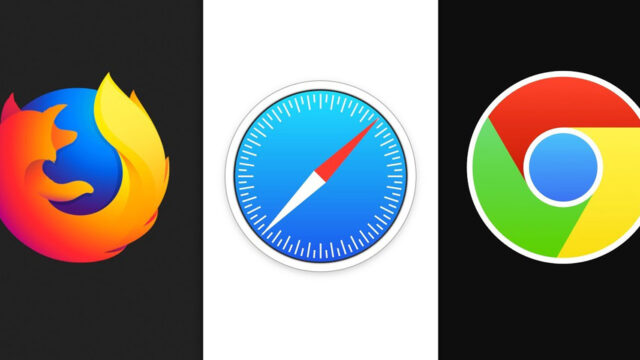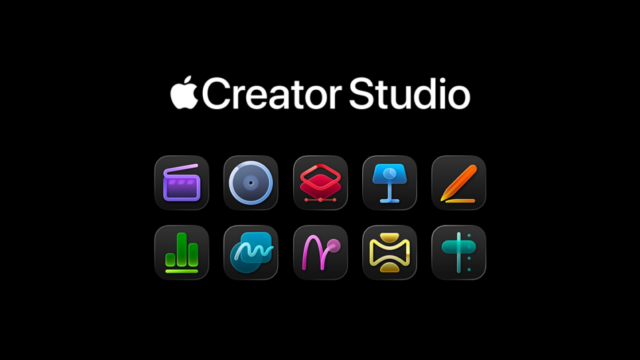Since the implementation of the European Union’s Digital Markets Act (DMA), there has been a significant rise in the user base of smaller web browsers. Major browsers like Chrome and Safari have lost their default status. The DMA, enacted as a measure against the anti-competitive practices of major tech companies, aims to increase the competitive chances for smaller browsers.
No longer the default choice! The number of users opting for alternatives to Chrome and Safari is increasing
The legislation introduces a “Choice Screen” that allows users to select their default applications, particularly web browsers, when they set up their devices. Since the DMA came into effect in March, some lesser-known browsers, especially privacy-focused ones like Aloha Browser and Brave, have seen user increases of up to 250%.

Monopolistic firms such as Google, Apple, and Microsoft, which hold a large share of the market, are now required to offer users the option to switch to competing applications. This situation, particularly in Europe, has intensified the competition faced by big-name browsers like Safari and Chrome.
Although the US has yet to implement similar policies to the DMA, these legal changes in the EU could indirectly affect American users. For instance, the EU’s mandate for a uniform charging port compelled Apple to switch from the Lightning port to USB-C in the iPhone 15 series.
While this change was planned for EU customers, it impacted all Apple users globally, including those in the US. The EU’s DMA legislation is a significant step towards breaking the monopoly of major tech firms and has created hope for smaller browser alternatives to gain more users.
However, the US appears to lag behind in passing similar regulations against Big Tech. The steps the US will take in this regard and the indirect effects of changes in the EU on the American market will continue to be closely monitored.
What alternative browsers do you prefer and why? Please share your thoughts in the comments section below.















